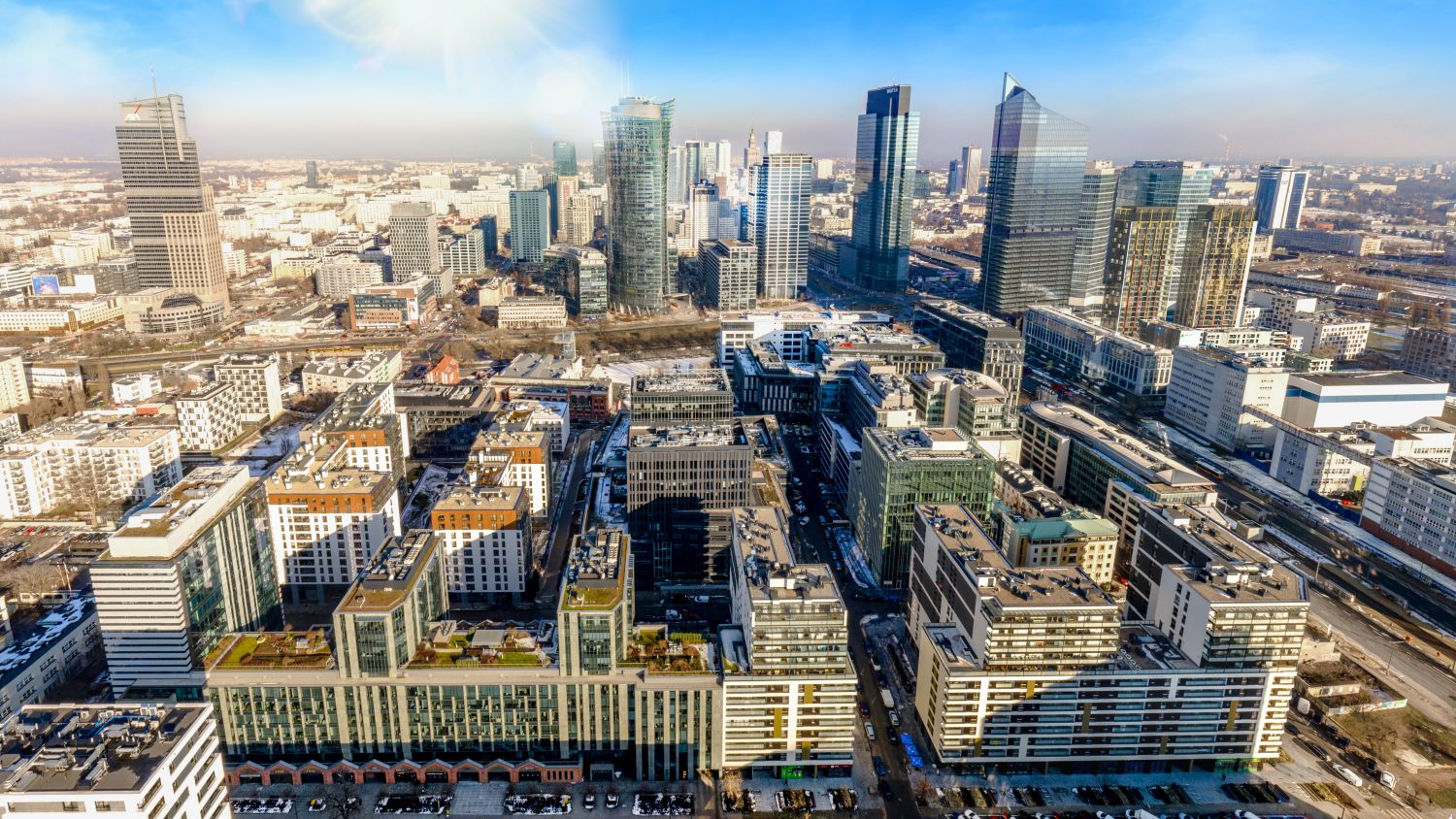
Raied Tanous, CEO of Asbud Group has talked to Property Forum about the recent changes in the Polish residential market, galloping inflation and surging construction costs.
At what point in the market cycle is our residential sector? Can we already talk about the beginning of a slowdown?
The residential industry is in a complete paradox but still healthy, with lower demand and supply but ongoing increases in prices. I would be cautious in saying the market is in a slowdown but rather demand and supply is being adapted in compliance with the dynamic market volatilities by I.e., shifting part of a demand from sale to PRS.
The housing deficit is over 650,000 units in the largest 6 six cities, excluding any further deficit caused by Ukrainian refugees, thus demand for sales is still high but currently challenged by high-interest rates, inflation, lower creditworthiness etc. This all impacts the affordability of purchasing apartments and would certainly impact part of the sales market, mainly the popular segment in respect due to the strong reliance on mortgages.
As to the supply, the market has been undersupplied for years already and it is not expected to get any better in the near future. In addition to the known challenges of lack of plots, prolonged administrative procedures and inflation, we have now also instability in the construction industry due to limitations in the supply chain, raw material and labour market which ultimately fuel increases in the overall costs. I may briefly conclude that the residential industry is healthy, but we would certainly see less volume due to the mentioned challenges.
What impact could galloping inflation have on the supply of new apartments in 2022?
This would impact both supply and demand. From a supply perspective, it is likely that part of developers would postpone the commencement of their projects until restoring certain stability in the construction market which is currently unknown. Therefore, the market should expect a significantly lower supply than we used to see.
Demand would somehow cope with such volatility by simply shifting part of a demand from sales to rent, nevertheless delivering projects remains a challenge within the current instability in the construction industry.

Raied Tanous
CEO & Co-Shareholder
ASBUD Group
Another problem is the falling availability of construction materials. Our country imported steel, copper and aggregate for concrete production mainly from Russia, Ukraine and Belarus...
It is a geopolitical problem that impacts not only Poland but rather the entire EU block which makes the supply chain and availability of raw material for the construction industry much harder as there are no immediate close EU neighbours that could cover such shortages.
The market may seek a temporary solution that is costly by simply utilizing existing stock at uncontrolled prices and this will not last long.
A permanent solution rather depends on how long the war would last and in what shape it ends as well as on geopolitical position as to whether Poland and the EU would keep Russia isolated from their markets. If so, then alternative strategic sources from other distant friendly countries shall be established which seems to be geographically and logistically feasible but at higher costs than Russia and/or Belarus in respect.
We also have a whole series of interest rate hikes behind us. Have your sales offices seen any noticeable drop in demand because of this?
Such rises would certainly negatively impact clients that rely on mortgages whereas the premium market is less impacted due to the vast availability of cash clients who see real estate as a way to protect their capital in times of galloping inflation. Our portfolio is mostly within the premium market, such as our leading investment Towarowa Towers and is hardly affected by rising interest rates. Nevertheless, part of the cash clients took a “hold and see” approach at the beginning Russia-Ukraine war but this approach is slowly disappearing.
What approach do banks have to financing residential investments? Are they still willing to offer money for this type of project?
Banks’ exposure to the residential market has been low in the last years due to the high sales in the residential market. Most developers and banks saw no real necessity in having finance. However, this shall quickly change due to the market dynamics.
As to the banks’ approach, it varies from investment to investment, but generally, it is too early to assess the current changes as various risks are still unclear. However, I do believe a more cautious and selective approach would be taken by banks.
What, apart from location and price, determines the success of residential investment in Polish market conditions?
In the case of premium investments, clients pay also much attention to the high quality of materials used and additional facilities designed in the investment. For example, in our Towarowa Towers investment, customers appreciate the all-access terrace with green elements, where they will be able to relax on an area of about 900 sqm. We have also planned well-equipped fitness clubs, lounge areas and even a room for business meetings.
Customers also expect interesting architecture, panoramic views and modern technological solutions. However, convenience is also important to them, which is provided, for example, by the turnkey finishing from the developer. They save time and effort, and the developer provides their guarantee.
Residents appreciate living in sustainable, city-creating projects that add value to the city and ideally balance the various functions in one area. People can live, work, spend leisure time, and enjoy the services necessary for daily life. Our multifunctional complex at Rondo Daszyńskiego is a great example of that.
Is Asbud Group planning to join the large group of developers who have started to build investments in the PRS segment?
We are analyzing this possibility. We strive to respond to market demands on an ongoing basis and are open to implementing various options, including PRS. Thanks to our flexible portfolio, efficient management and quick decision-making process we can quickly adapt to changing conditions and customer needs. In short, the PRS market is currently of interest to us.
And are you perhaps planning any further investments in the commercial real estate segment?
We have already developed commercial investments, such as modern office buildings at the Daszyńskiego Roundabout - Karolkowa Business Park and the Class A office building Metropoint Office.
Most of our portfolio is occupied by residential investments, but we do not exclude the possibility of further development in the commercial real estate market, especially in the office sector due to the shortage of sustainable modern stock. Everything depends on the specific project and the demand of a given location. Our goal is to create sustainable, city-forming projects that will develop the urban fabric and provide added value to the city and its residents. If the development of another commercial property fills a gap in a given location and its needs as such, it would be included in our complex.



